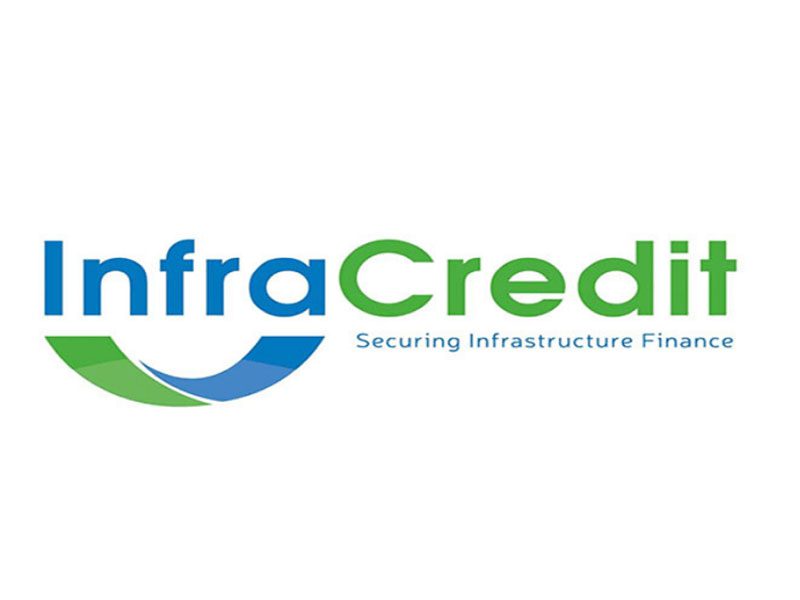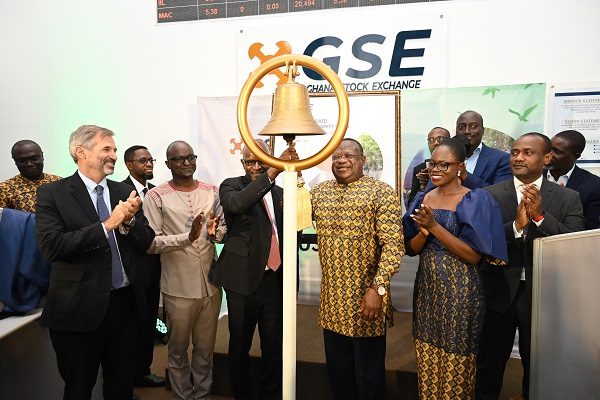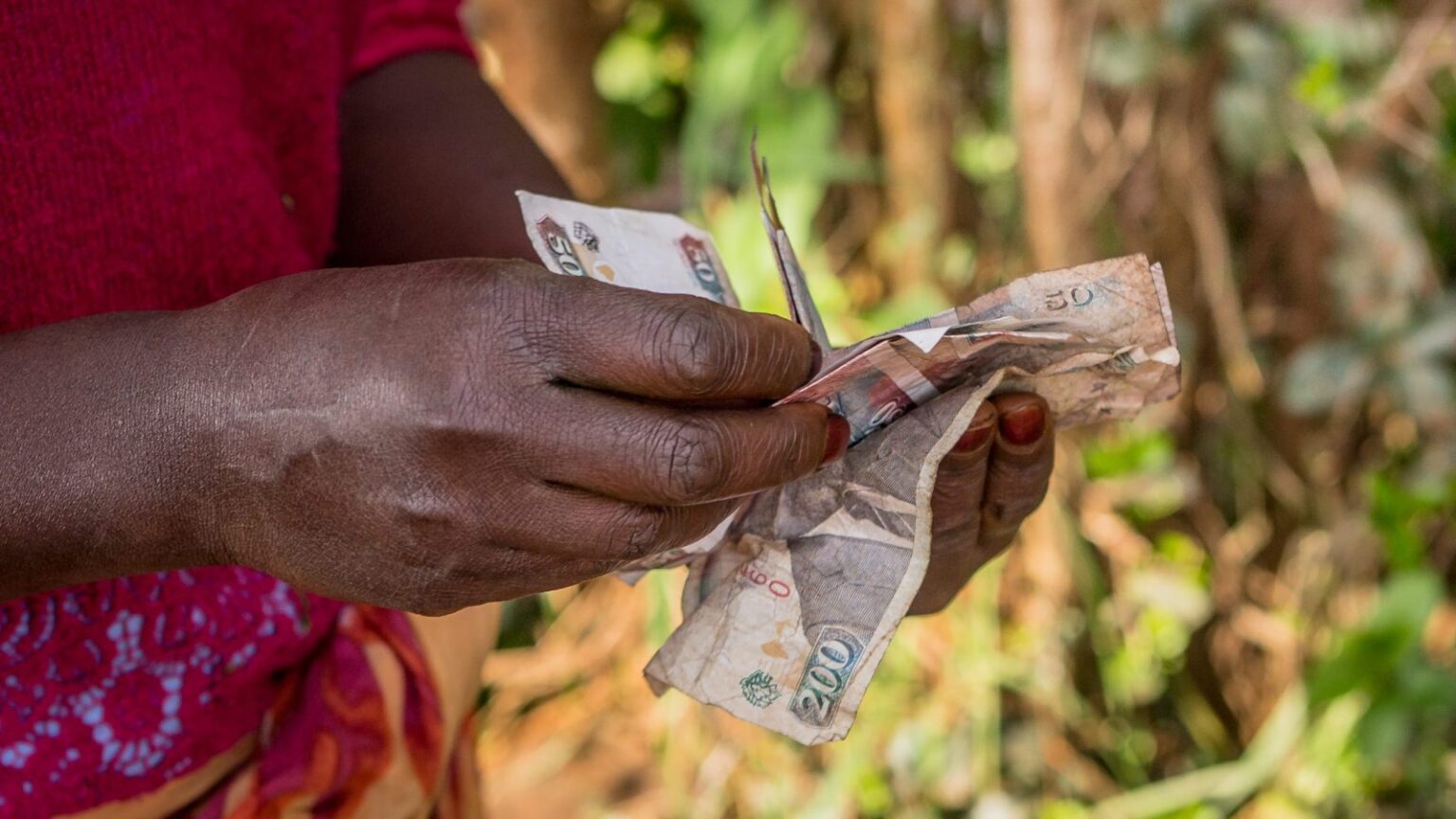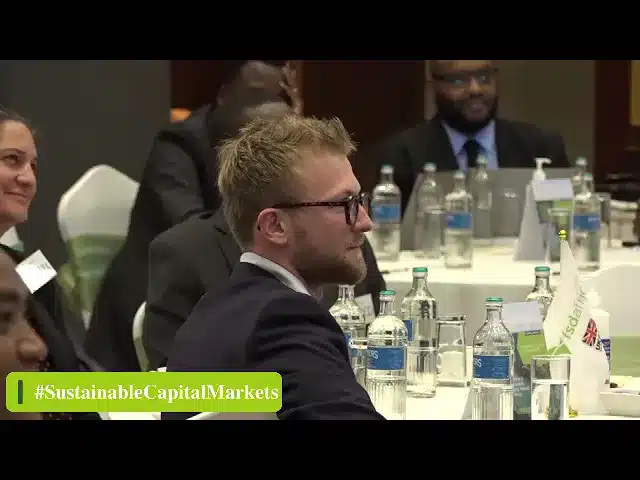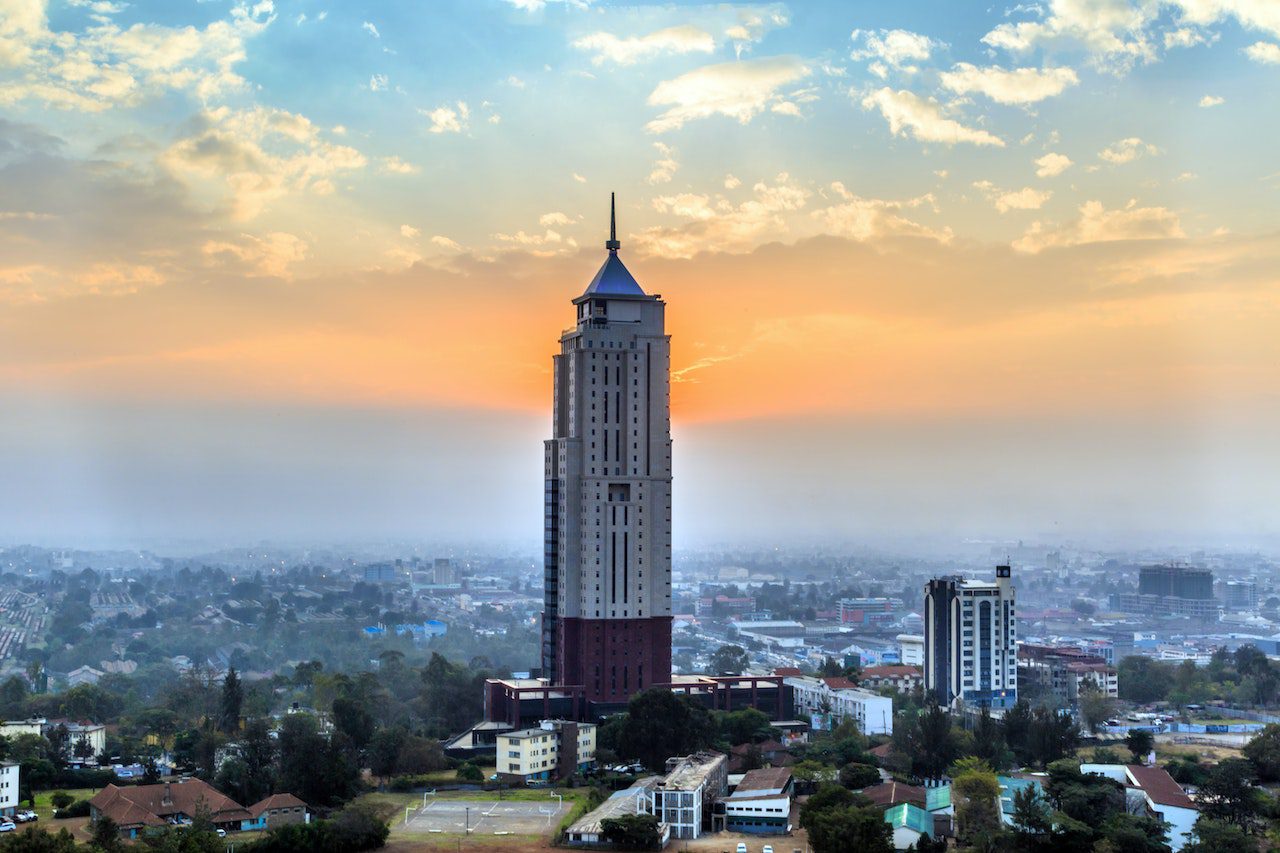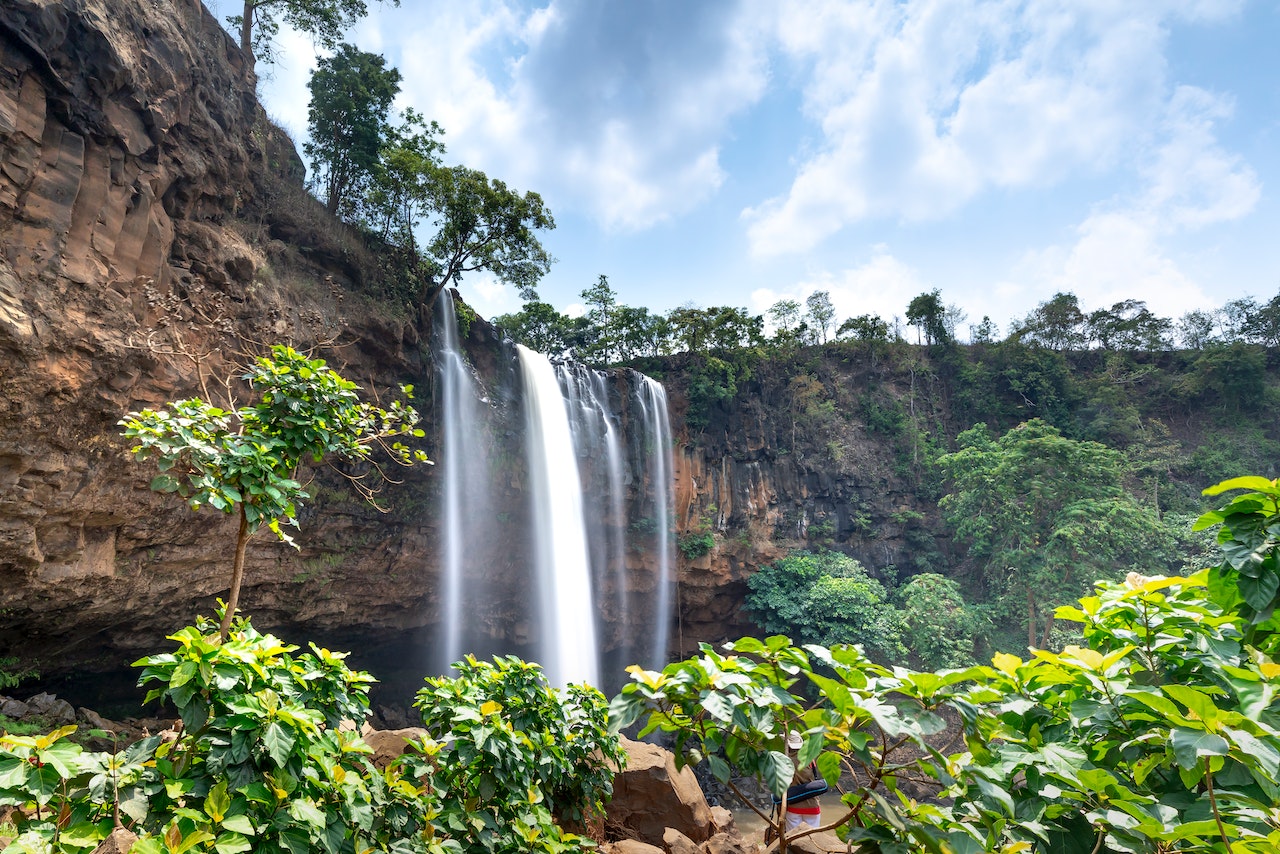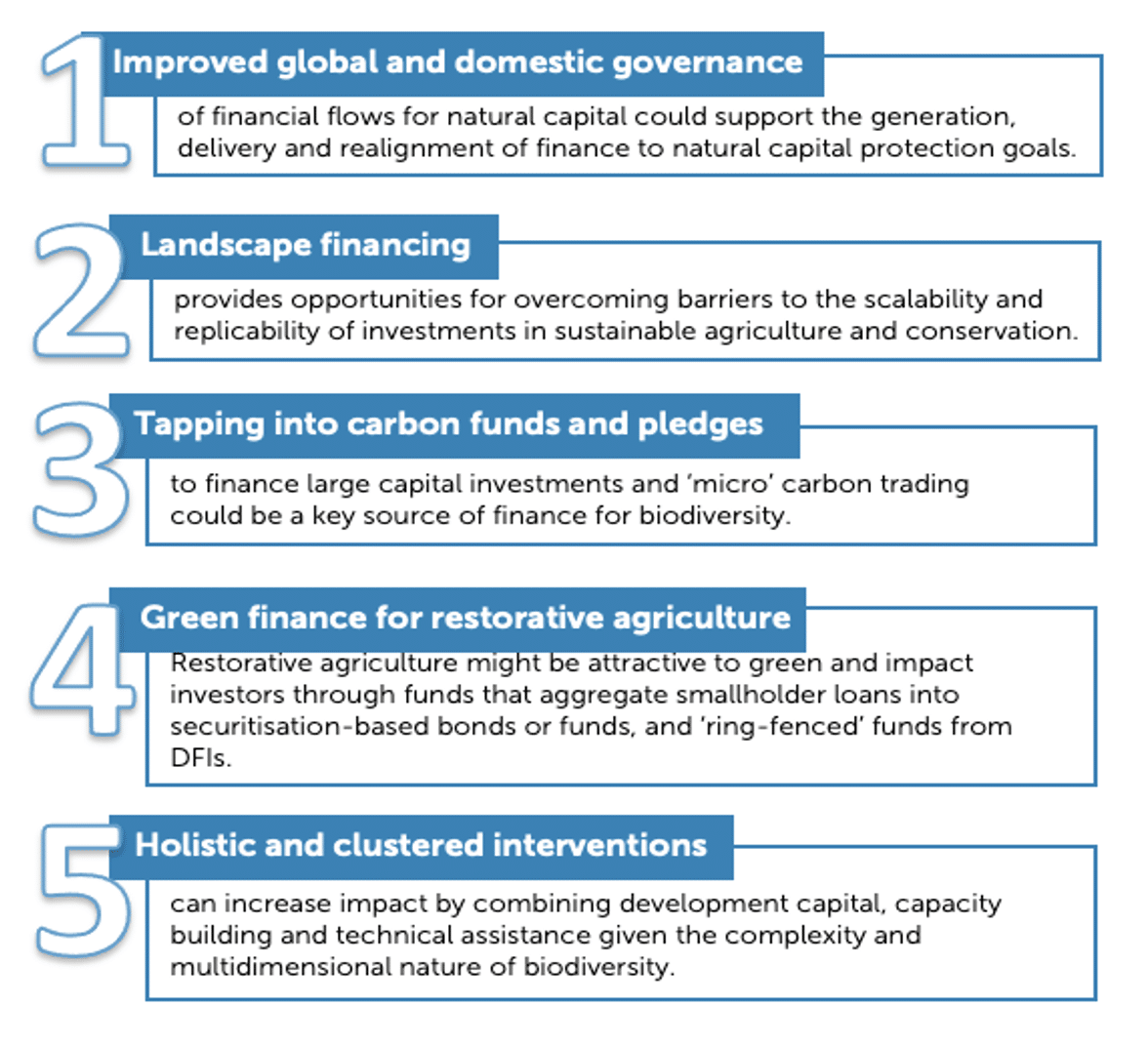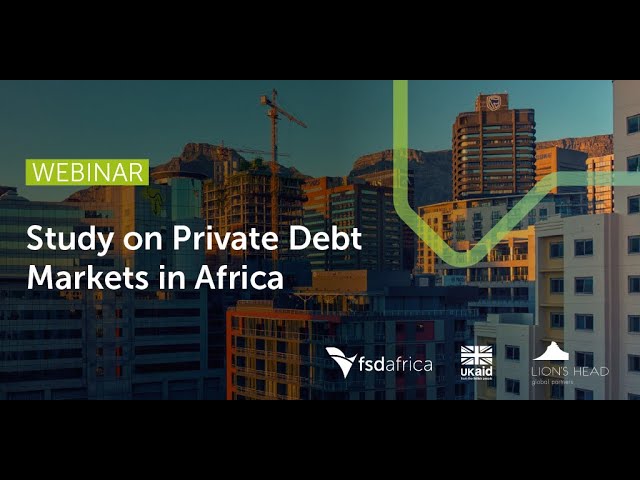InfraCredit, yesterday announced the credit enhancement of Darway Coast Nigeria Limited’s green debt issue, under a co-financing arrangement with the £10 million Climate Finance Blending Facility funded by the United Kingdom Foreign, Commonwealth and Development Office (FCDO), an initial transaction under InfraCredit’s Clean Energy Funding Programme.
The Programme seeks to aggregate, de-risk and unlock domestic institutional investments to support eligible clean energy projects in Nigeria to contribute towards meeting the country’s universal electrification goal by 2030 and the SDG 7 target of ensuring access to affordable, reliable, sustainable, and modern energy for all, whilst putting the country on a path to achieve net zero emissions by 2060.
In February 2022, the UK announced a £10 million local currency blended co-financing facility with InfraCredit to help de-risk, reduce the capital cost and catalyse at least an equivalent amount in private investment from domestic institutional investors to support off-grid clean energy companies to increase energy access for unserved and underserved people and small businesses in Nigeria.
It is expected that the Facility will be increased through funding by other development partners to co-finance a pre-assessed initial pipeline of over $128 million (NGN equivalent) that will mobilize at least N26.8 billion or $64 million of domestic institutional capital to construct 22.7 MW of isolated off-grid renewable energy projects in 580 unserved communities across 32 states in Nigeria, that will connect 172,535 unserved households and small businesses, create 6,977 jobs and reduce 394,403 tonnes of GHG emissions.
This initial transaction under the Programme, was financed with the UK-funded Facility through a blended instrument enabling domestic institutional investors to directly invest in a 7-year fixed rate local currency debt financing for the project, making it the first-ever certified blended local currency green debt issue for a solar mini-grid project in Nigeria.
Speaking on the transaction, the Managing Director of Darway Coast Nigeria Limited, Mr. Henry Ureh in a statement said, “For mini-grid developers, access to long term affordable local currency finance is critical for sustainability and scale, which is why we are extremely excited about the possibility of participating in such a milestone transaction.
“That mini-grid developers like us can now access patient green capital in naira from domestic institutional investors, to construct off-grid infrastructure for renewable energy access to unelectrified rural communities in Nigeria for productive use, is unprecedented.
“We sincerely appreciate the team at InfraCredit and the FCDO for this novel structure which will reduce the financial burden of clean energy developers like Darway Coast, and help the off-grid renewable energy market to scale sustainably.”
Also, the CEO of InfraCredit, Chinua Azubike, in a statement said, “According to Nigeria’s Integrated Energy Planning Tool, it is estimated that up to $16.4 billion of funding will be required to finance off-grid infrastructure for solar mini-grids and stand-alone solar systems that will electrify 621,000 unserved communities not connected to the grid, which represents 98% of the identified settlements without energy access.
“However, Nigerian domestic institutional investors assets under management in local currency, is estimated at over $35 billion, but less than one per cent is currently invested as domestic credit to the private sector due to perceived risks and limited quality projects.
“We are very excited by the success and scalability of this innovative blended finance transaction anchored by UK FCDO and InfraCredit, because it demonstrates a strong case for donors and concessional financiers, to make smart use of impact-seeking capital to de-risk, reduce the capital cost and mobilise private sector financing towards green life-saving investments that can unlock domestic pools of resources that will promote green growth and climate resilient development by accelerating Nigeria’s universal energy access, whilst transitioning the country to a low-carbon economy that will create jobs, reduce poverty, promote gender inclusion and stimulate local economic growth.”
The UK Deputy High Commissioner in Lagos, Ben Llewellyn-Jones said, “We are very pleased that this innovative UK-funded blended finance facility, managed by InfraCredit, has supported the first green-certified local currency debt issue for off-grid solar in Nigeria.
“Using a scalable approach, this UK-funded Facility is mobilising domestic institutional investment into much needed clean energy projects. By providing green and affordable financing for local developers, the Facility is creating access to clean energy in unserved and underserved communities in Nigeria, for both households and businesses. The UK remains committed to increasing access to clean energy in Nigeria, to drive sustainable and resilient growth, and support Nigeria in meeting its climate goals.”
The Facility’s subordinated first-loss capital helped de-risk and reduce the capital cost of the project by unlocking InfraCredit’s “AAA”-rated guaranteed senior green debt that crowded in first-time matching investments from six domestic institutional investors in a solar mini-grid project for unserved markets, resulting in a blended affordable interest rate. The financing will be utilised to construct isolated solar mini-grids with total capacity of 526.1 kW in six communities without grid access within Rivers State and Abia State in Southern Nigeria.
The project on completion will electrify up to 7,711 unserved households and small businesses, create up to 497 temporary and permanent jobs and avoid 4,856 tonnes of GHG emissions whilst enhancing access to renewable energy for productive uses. The nominated projects & assets conform to the Climate Bonds Standard Solar Sector Criteria and the financing has been labelled and certified green by the Climate Bonds Initiative.
The six hybrid-solar mini-grids will have environmental benefits of climate change mitigation, energy savings and greenhouse gas reduction and simultaneously have a positive direct contribution to the United Nations Sustainable Development Goals (SDGs) 7, 8, 9, 11, 13 and 17 as identified in the Green Bond Framework
The green debt was verified by Agusto & Co as green verifier, and the guaranteed senior debt was rated “AAA” by Global Credit Ratings.
The green verification of the debt instrument was supported by funding provided by FSD Africa under a Technical Assistance Agreement with InfraCredit, to support first time issuer costs for eligible projects that can issue climate-aligned local currency infrastructure bonds. FSD Africa (https://fsdafrica.org/) was established in 2012 through funding by UK aid from the UK government as a specialist development agency to build and strengthen financial markets across sub-Saharan Africa, and to address systemic challenges within Africa’s financial markets, with the aim of sparking large-scale and long-term change.
KfW Development Bank (https://www.kfw-entwicklungsbank.de)) provided technical assistance support for the technical, legal and environmental and social due diligence costs.
The project is registered under the World Bank Nigeria Electrification Project Performance Based Grant Programme administered by the Rural Electrification Agency (REA). The REA is a rural electrification government agency established to implement, provide, and support decentralized electrification in Nigeria.
InfraCredit signed a Memorandum of Understanding (MoU) in August 2022 with the REA to help eliminate long-term financing bottlenecks for off-grid operators in the energy sector by enabling credit enhancement and financing to private sector mini-grid developers to enable adequate power generation and supply to underserved and unserved areas.
Read original article
